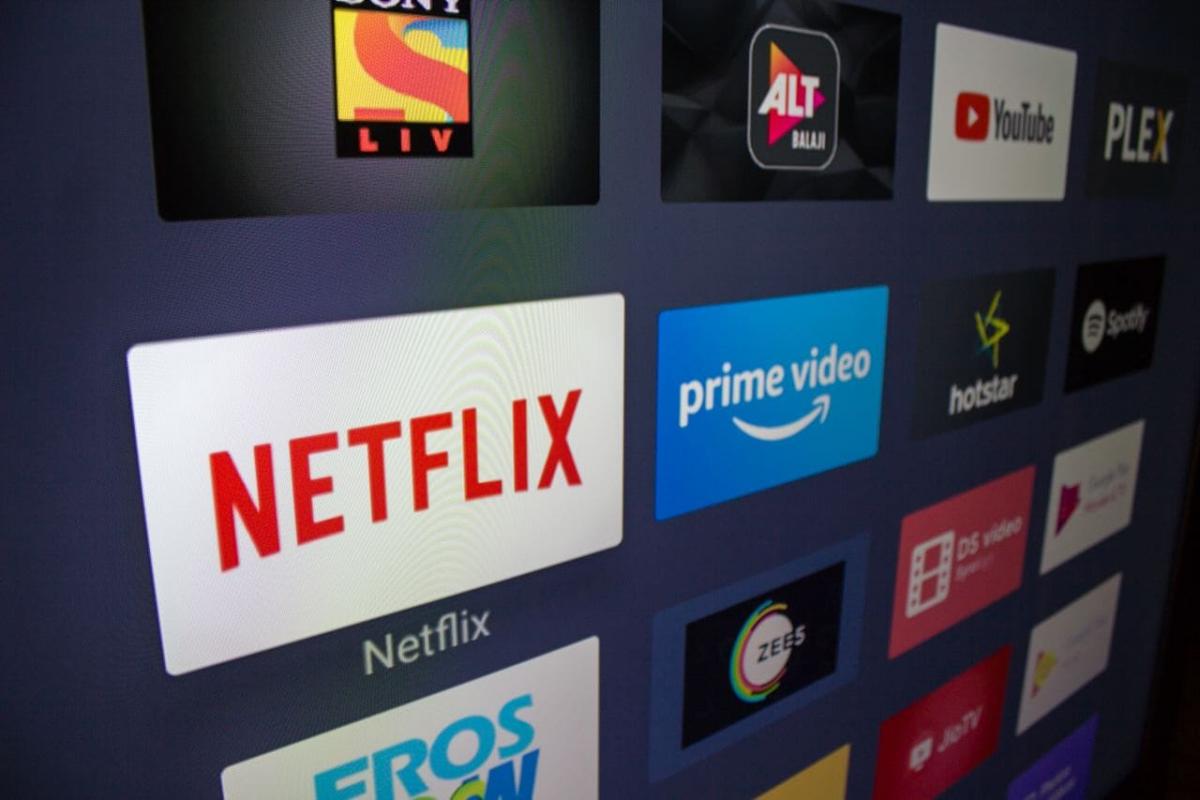
Govt not happy with self-regulation code adopted by online streaming platforms
The government is not happy with the self-regulation code that has been adopted by online video streaming platforms, including Netflix, Amazon Prime and Disney+Hotstar in the wake of demands for a mechanism to regulate the content offered by them.

The government is not happy with the self-regulation code that has been adopted by online video streaming platforms, including Netflix, Amazon Prime and Disney+Hotstar in the wake of demands for a mechanism to regulate the content offered by them.
The code was signed by 15 online curated content providers (OCCP) — Netflix, Disney+ Hotstar, Amazon Prime Video, Zee5, Viacom 18, Alt Balaji, MX Player, Eros Now, Jio Cinema, Arre, HoiChoi, Shemaroo, Discovery Plus, Flickstree and Hungama. The Universal Self-Regulation Code for OCCPs has adoped the ‘ombudsman model’ which will have a mechanism to redress grievances of consumers over “objectionable” content, The Print reported.
Related News: Netflix donates ₹7.5 crore for daily wage entertainment workers in India
According to the code, the OCCPs will give details of content, suitable viewing age and advisory for parents and set up a mechanism to deal with complaints from consumers and provision to escalate the matter.
While the code says restricted content — content not allowed as per Indian Penal Code (IPC), Code of Criminal Procedure (CrPC) and Information Technology Act, 2000 — will not be streamed, it does not clearly define what constitutes restricted content. This is what the government is not happy about.
Self-regulation does not mean self-censorship, which involves cutting out abusive, sexually explicit and politically sensitive content.
OCCP executives said restricted contents would mean those that are banned by courts, disrespect the national flag, emblem pr promote disrespect to the sovereignty and integrity of India; promote terrorism against the state; show children in sexual acts. The government wants a more precise definition.
Related News: New JioFiber plans start at ₹399; free access to Netflix, Prime
“The government has said this was not what they were expecting and it is important to list out what all will comprise restricted content,” an industry official said, reported The Print. The government wants restrictions that respect the “sensibilities of the population” as is done in countries like Singapore, Malaysia and the UK. Many OCCPs have, however, said this may not be possible in India.
Industry officials said the contents are already highly categorised and classified as per age suitability and that no further action is required.

